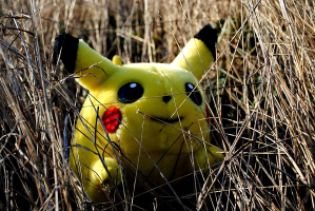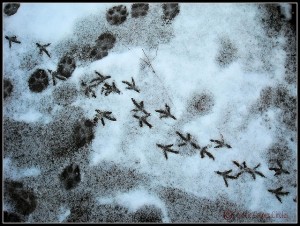 This year was the 25th anniversary of this annual conference, and a festive atmosphere was definitely in the air. Just when I thought I may need to fetch more caffeine, Lee Rainie took the stage for the opening keynote, which worked better than caffeine! He was brisk and energetic, yet thoughtful about the future of libraries. He admitted libraries (and much of society) is going through a disheartening, disruptive time, and that no one has the playbook yet . He also said we need leaders, that there are declining levels of trust in much of society. Not so much for librarians, who are regarded as friends in most networks, which makes me proud to be a librarian. Some key points I noted:
This year was the 25th anniversary of this annual conference, and a festive atmosphere was definitely in the air. Just when I thought I may need to fetch more caffeine, Lee Rainie took the stage for the opening keynote, which worked better than caffeine! He was brisk and energetic, yet thoughtful about the future of libraries. He admitted libraries (and much of society) is going through a disheartening, disruptive time, and that no one has the playbook yet . He also said we need leaders, that there are declining levels of trust in much of society. Not so much for librarians, who are regarded as friends in most networks, which makes me proud to be a librarian. Some key points I noted:
According to Rainie, there are six big puzzles for us to solve:
- What’s the future of personal enrichment, entertainment and knowledge?
- What are the future pathways to knowledge?
- What’s the future of public technology and community anchor institutions?
- What’s the future of learning spaces?
- What is the future of attention?
- Where do you fit in ALA’s Confronting the Future report? (30 pgs.) According to this report…”In order for libraries to be successful, they must make strategic choices in four distinct dimensions, each consisting of a continuum of choices that lies between two extremes. Collectively, the choices a library makes along each of the four dimensions create a vision that it believes will enable it to best serve its patrons” (see pg. 21 to see the four dimensions)
The program moved on to Katie Birch from OCLC as she dipped her toe into the past and the future of ILL. Interesting factoid: Year to date, When Breath Becomes Air is the most requested OCLC interlibrary loan title!
Participants were able to choose from three breakout session; I chose the Ignite sessions and was not disappointed! I learned lots.
Valerie Horton wrapped up the day with her thought provoking talk, Skating on the Bleeding Edge. She described innovation as the process of discovery. She also encouraged us to accept failure, that it is indeed the norm of experimentation. According to current business literature, employers are looking for people who can say, “I failed and I learned!” She concluded with a few additional facts: The next trend is “messy”, and we have to accept that we don’t know the right answers. Accept messy structures, partnering can be messy and frustrating. And, if you are burnt out and exhausted, you cannot reflect, think well, or innovate!
Image credit: http://tinyurl.com/lfpv7xn, licensed under CC BY-NC 2.0


 For many children, learning to read is challenging enough. Learning to read if they have an undetected vision problem makes the process even more difficult. In Oregon, they began the program “See to Read” in 2013 that aims to correct this issue, with the help of public libraries!
For many children, learning to read is challenging enough. Learning to read if they have an undetected vision problem makes the process even more difficult. In Oregon, they began the program “See to Read” in 2013 that aims to correct this issue, with the help of public libraries!

